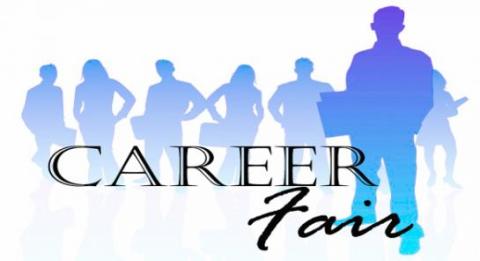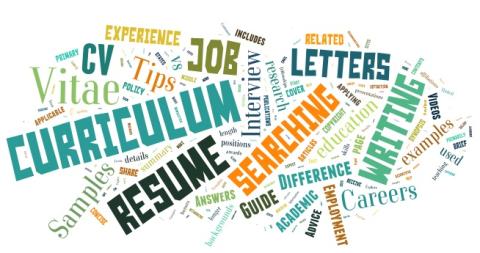Ahhh, career fairs. It seems they are a rite of passage in a career search. Career fairs are a good idea to research companies and network. Career fairs are a bad idea if you think you will walk away with a job (statistics show that less than 2% of attendees get a job directly from a job fair). So, how do you navigate a career fair? Here are some tips:
1. Before going to the Career Fair:
* Develop a strategy to maximize your time at the event.





